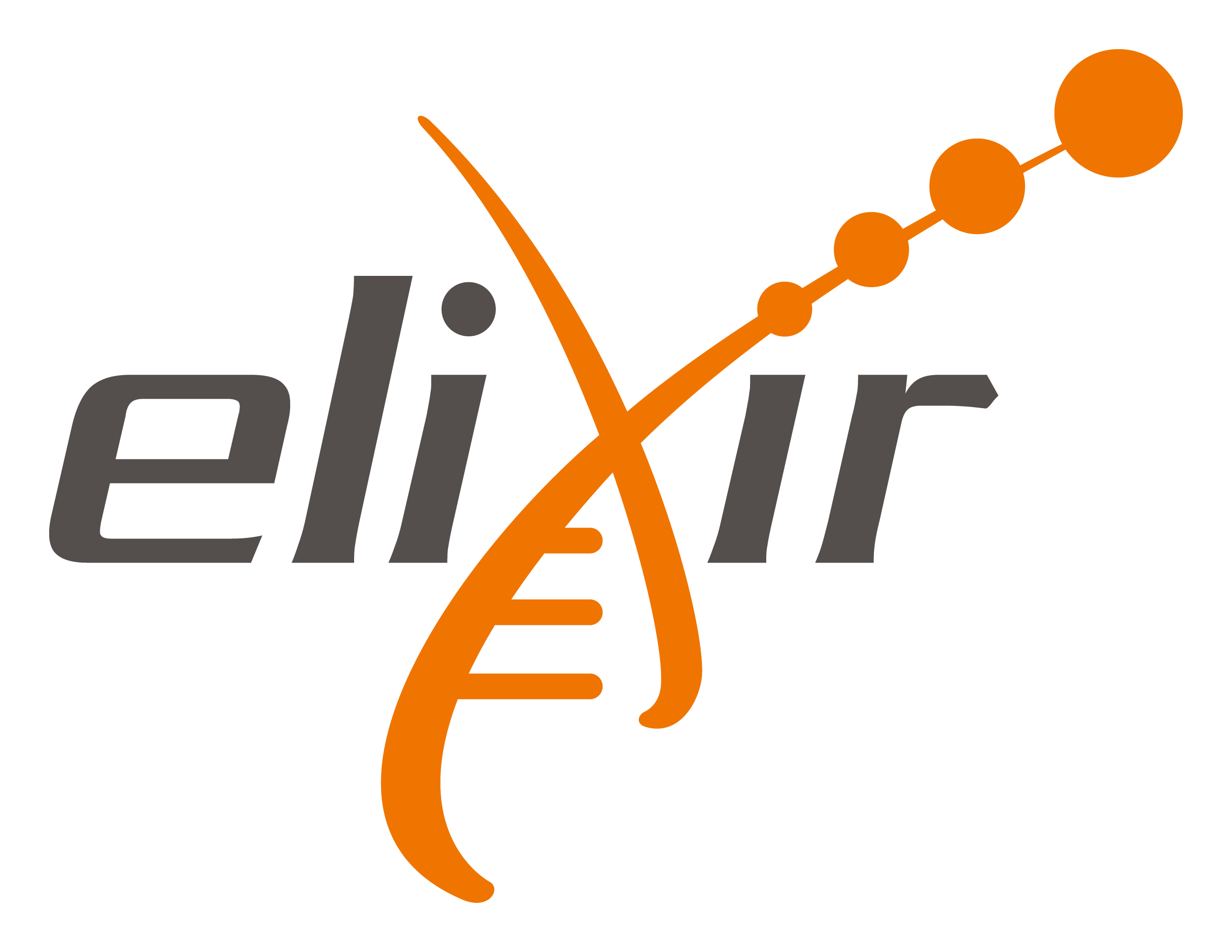Machine learning in Galaxy
Artificial intelligence (machine learning and deep learning) algorithms are being increasingly applied in several fields of Bioinformatics such as drug-response and protein structure prediction, imputing missing data in single-cell gene expression, modelling evolution in biological sequences and many more. To harness the potential and versatility of AI’s algorithms, it becomes of utmost importance to deeply understand its algorithms while applying them to biological datasets for predictive tasks. Galaxy’s ML toolkit provides many popular AI algorithms from Scikit-learn, a popular Python ML library and Keras, a deep learning library based on Google’s Tensorflow, and various other tools for preprocessing and visualization. Recently, we have customized the Jupyterlab notebook to the needs of machine learning researchers and made it available online via Galaxy Europe. It runs on GPU for faster prototyping, is integrated with Git for maintaining code repositories, has a possibility of sending long-running jobs to Galaxy cluster, has added security as it runs inside an isolated docker container and a few more. A tutorial explaining how to use this infrastructure to develop machine learning algorithms will soon be available in Galaxy Training Network.
To make experiments with science without doing hands-on would be incomplete. To mitigate this gap, several ready-to-use tutorials have been written as part of Galaxy training materials. In addition, to make them easier to understand, a collection of selected tutorials has been compiled spanning various machine and deep learning algorithms and have been recorded showcasing the tutorials. These videos can be conveniently watched online. There are three categories of tutorials starting with a few easy, introductory tutorials such as classification and regression and then moving on to complex ones that include deep learning. In each tutorial, you will find videos along with their respective captions in English, links to their slides and tutorial. Moreover, online support in the form of Slack and Gitter is also available for asking questions directly to the respective tutors.
We thank Helena Rasche, Saskia Hiltemann, Fotis Psomopoulos, Kaivan Kamali, Anup Kumar and all other involved people for putting together a great resource that include an informative webpage listing videos, captions, links in a streamlined manner for educational purposes.



